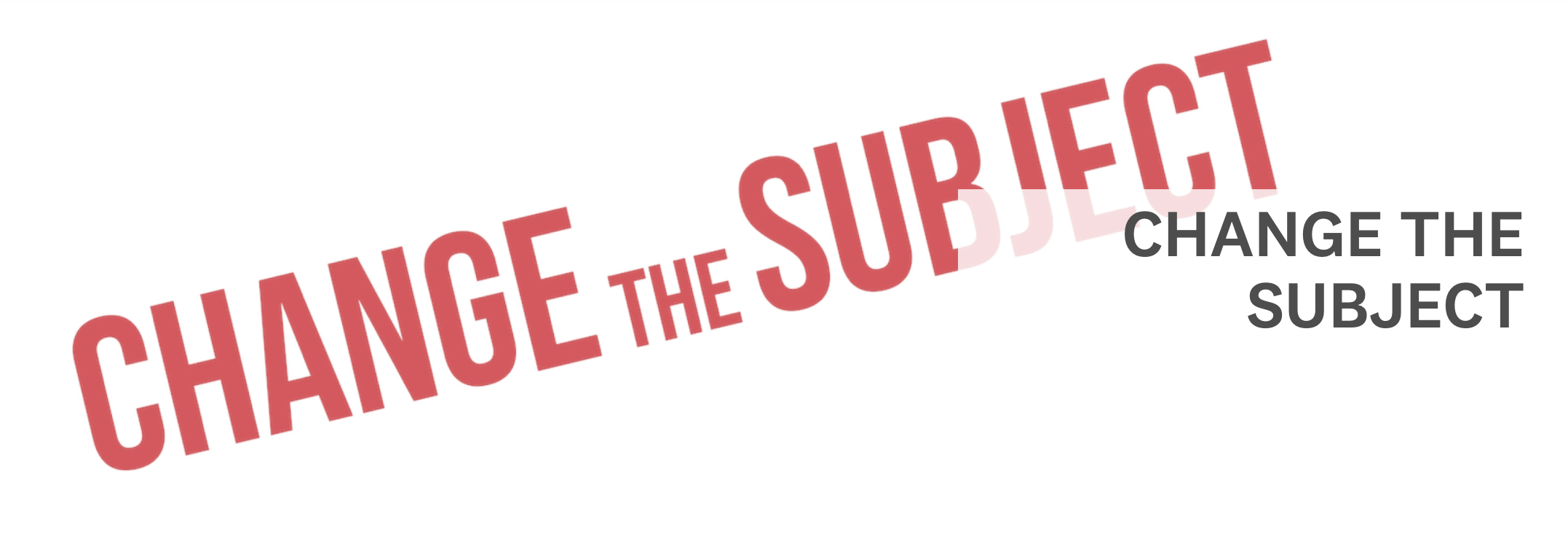
A subject heading is a word or group of words used to describe a topic or concept. Since 1898, the Library of Congress has maintained the Library of Congress Subject Headings (LCSH), a thesaurus for use in bibliographic records, to catalog materials in its holdings. The LCSH is used by most libraries and archives throughout the United States. Each institution uses the same subject headings so individuals looking through various online catalogs do not have to search multiple name variations of the same subject to find resources related to their topic of interest, allowing for consistency and easing the discovery of materials. Though widely adopted, LCSHs have been criticized for containing antiquated, offensive headings and being slow to add or declining to add new ones.
As a result of an effort led by the University of Oklahoma Libraries, the Library of Congress recently announced it would be changing the controversial subject heading “Tulsa Race Riot” to “Tulsa Race Massacre.” The violence that took place in Tulsa between May 31 and June 1, 1921, when a white mob stormed the city’s Greenwood District (an affluent Black neighborhood) and killed hundreds of its Black residents, has been categorized by the Library of Congress and several other information outlets as a “riot” for decades. However, it was in fact one of the worst racially motivated massacres in US history. Though this long-overdue descriptive inaccuracy has finally been corrected, the Library of Congress is often slow (or refuses) to add new, relevant terms to the Subject Headings, like white privilege.
In 2016, a group of students and educators from Dartmouth College submitted a proposal to have the LCSH “illegal aliens” removed and replaced with “undocumented immigrants." Although the Library of Congress agreed to remove the heading, a push by several members of the House of Representatives squashed the effort. For the first time ever, the legislative branch asserted its authority over the Library and, through unrelated legislation, required it to retain the controversial heading. As a result, the heading “illegal aliens” is still on the books at the Library of Congress, even though the Biden administration recently ordered ICE to discontinue using similar dehumanizing terminology in reference to undocumented immigrants and migrants. This story has been told by filmmakers in the documentary Change the Subject, which is available to stream for free on the Dartmouth Libraries' website.
So, what should catalogers do? Using locally controlled headings can work well internally for a given organization, as Harvard University’s Library demonstrates. However, this may result in collections going unnoticed in broader catalogs like WorldCat, which could present challenges for smaller organizations. Should some outdated headings still be used in the short term, in conjunction with locally controlled ones, to help facilitate access? Relying more heavily on a different controlled vocabulary, like the Arts and Architecture Thesaurus is a viable option, especially for archives and other cultural institutions. Still, institutions should continue to push the Library of Congress, as well as Congress when it chooses to interject itself, to be more inclusive and refrain from using harmful terms that inaccurately reflect events or, even if once deemed as “neutral” descriptors, are currently used to inflict pain and demean marginalized communities.
Have you worked with subject headings and considered how to best use controlled vocabularies? Please let us know your thoughts and how your institution is navigating these complex issues. You can leave comments or feedback below, email us at info@DHPSNY.org, or connect with us on the DHPSNY Facebook page or DHPSNY Community Facebook Group.
This is part of a biweekly blog series on sharing information, promoting resources, encouraging discussion, and amplifying the voices of Black, Indigenous, and People of Color (BIPOC) doing antiracism work in archives, museums, history sites, and library special collections. DHPSNY is committed to supporting the diverse network of collecting institutions that safeguard and ensure access to historical records and library research materials across New York State. To learn more, visit our first blog post in the series.
Image: Banner, Change the Subject (2019), Dartmouth Library.